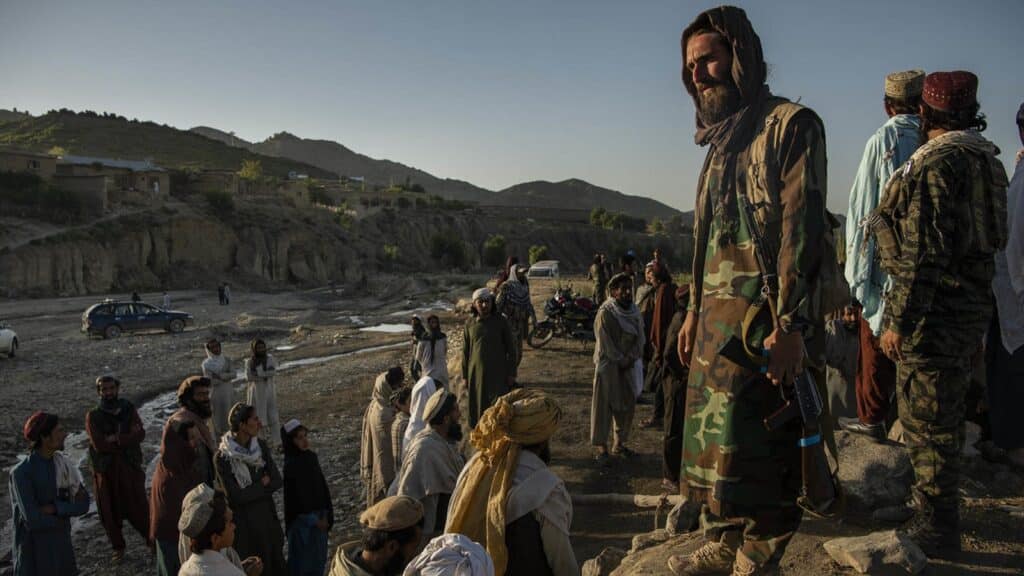Militant groups including the Tehreek-e-Taliban Pakistan (TTP), Baloch Liberation Army (BLA), Jamaat-ul-Ahrar, Hafiz Gul Bahadar Group, and Lashkar-e-Islam continue to operate freely in various parts of Afghanistan, raising serious regional security concerns. Many of these groups have established safe havens in the southern districts, with a significant number of their members reportedly Afghan nationals.
Sources confirm that these groups are not only active but maintain organized structures, training facilities, and supply routes within Afghan territory. In particular, the TTP—known for launching cross-border attacks—maintains a stronghold in provinces such as Kunar, Nangarhar, and Kandahar, where its fighters receive logistical and financial support.
Reports indicate growing cooperation between the BLA’s Majeed Brigade and the TTP in southern Afghanistan. Intelligence gathered by international observers points to at least four shared training camps operating in Kandahar’s Shah Wali Kot and Shorabak districts. These camps reportedly receive support from al-Qaeda operatives, who assist in ideological grooming and weapons training.
Despite repeated regional efforts to engage the Taliban-led interim government in Kabul on the issue of these safe havens, no significant crackdown has taken place. Militant activity continues unabated, with operational networks expanding and some groups developing ties with transnational terror outfits.
The United Nations has previously warned that Afghanistan remains a sanctuary for a wide range of terrorist groups. According to the UN Security Council’s monitoring team, ISIS–Khorasan (ISIS-K) poses the gravest threat in the region, while al-Qaeda continues to play a key role in supporting other militant factions.





